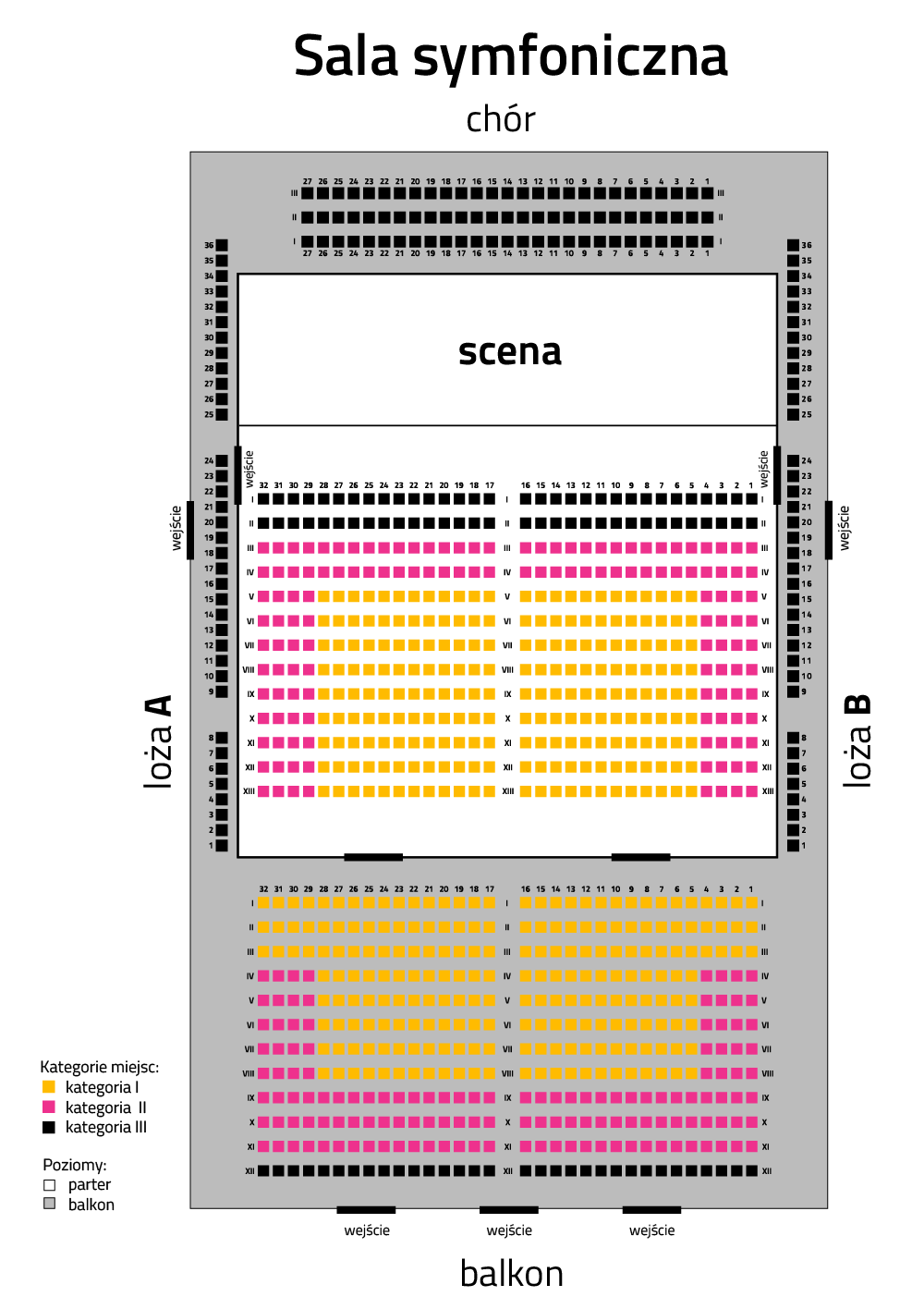Józef Hofmann, Vladimir Horowitz, Sviatoslav Richter, Artur Rubinstein, Arturo Benedetti Michelangeli – the 20th century abounded with true piano giants, exhibiting excellent technique and a powerful repertoire, who in the world of piano music gained a status worthy of pop stars. Alexander Gavrylyuk, a pianist from Ukraine, continues this line with dignity. Born in 1984 in Kharkov, he emigrated to Australia at the age of thirteen.
At just fifteen he won the prestigious Horowitz International Piano Competition in Ukraine, and a year later he won the International Piano Competition in Hamamatsu, where the press hailed him as "the best sixteen-year-old pianist of the 20th century". He gave concerts and recorded with the most important orchestras, such as the Royal Concertgebouw Orchestra, the New York Philharmonic, the Moscow Philharmonic Orchestra.
The program which the artist has chosen for his recital also refers to great pianistic traditions. The three-movement Italian Concerto BWV 971 by Johann Sebastian Bach is based on the orchestral genre in name only, where in fact it was written as a solo harpsichord performance, and in the twentieth century became a popular element of the repertoire of contemporary pianists. Gavrylyuk will also touch the pianism of the romantic era in two different versions to perform the Ballade in F major, Op. 38 by Fryderyk Chopin and Franz Liszt's Dante Sonata.
The preludes from Sergei Rachmaninoff and Piano Sonatas from Sergei Prokofiev are in turn a monument of 20th century pianism. Russian artists, who were outstanding virtuosos themselves, sowed their compositions with many technical difficulties. Preludes Op. 23 and Op. 32 were created during the first ten years of the twentieth century and constitute a kind of continuation of the tradition of prelude cycles initiated by Bach, and then taken up by Chopin and Scriabin.
Among the nine piano sonatas by Prokofiev, the last three written in 1939-1942 are nicknamed "warlike". The exceptionally restless mood of the seventh sonata and harmony full of chromatic expressions illustrate not only the war situation, but above all the political repression in Russia directly affecting the composer himself in that period. Shortly before starting work on the last three sonatas, the NKVD (the Soviet People's Commissariat for Internal Affairs) murdered a close friend of his, and soon after the composer received a compulsory "order" for the cantata "Zdravitsa" on the occasion of the 60th birthday of Józef Stalin.
DETAILS
Competition Laureates | Alexander Gavrylyuk
10-10-2018 19:00

Symphony HallFilharmonia im. Mieczysława Karłowicza w Szczecinie
ul. Małopolska 48
70-515 Szczecin

